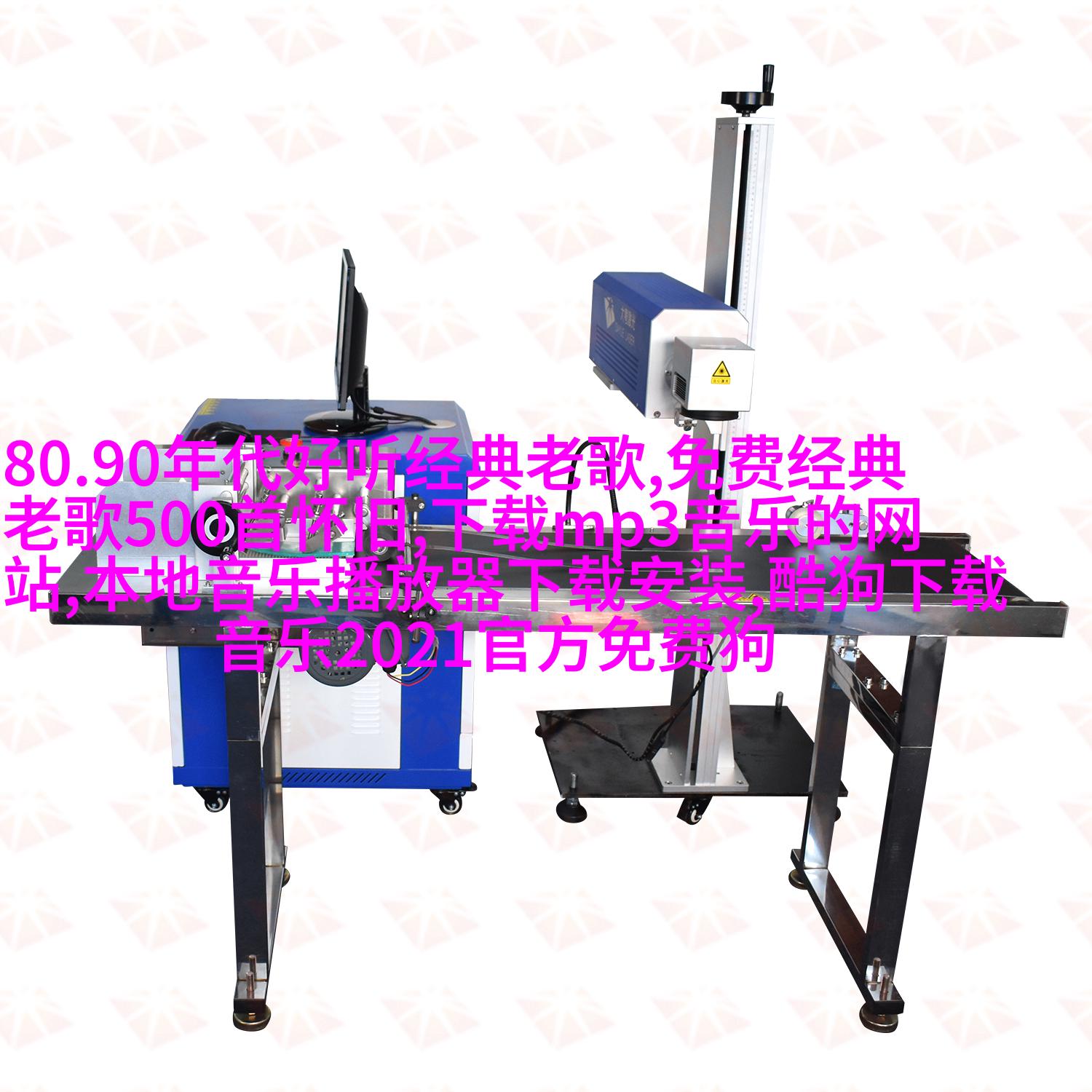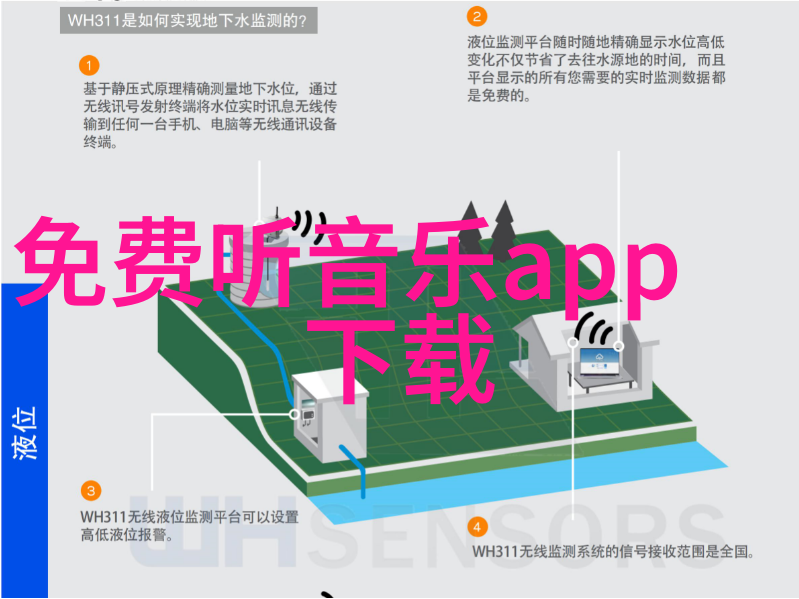Fashion Forward The Evolution of Style in Modern T
The Rise of Sustainable Fashion

In recent years, the fashion industry has been witnessing a significant shift towards sustainability. With growing concerns over climate change and environmental degradation, designers and consumers alike are now prioritizing eco-friendly materials and production methods. This movement has led to the emergence of innovative fabrics such as recycled polyester, organic cotton, and even lab-grown leather. Brands like Patagonia and Stella McCartney have been at the forefront of this revolution, showcasing their commitment to reducing waste and promoting environmentally responsible practices.
The Influence of Social Media on Fashion Trends

Social media platforms such as Instagram, TikTok, and Snapchat have become powerful tools for shaping fashion trends. Influencers with millions of followers can single-handedly popularize a style or trend overnight. Their endorsements often drive consumer behavior, leading to an increase in sales for participating brands. Moreover, social media provides a platform for up-and-coming designers to showcase their work globally without geographical barriers.
Diversification in Runway Representation

The traditional notion of beauty is being challenged by modern fashion's embrace of diversity on runways worldwide. Gone are the days when models had to conform to one narrow standard; today's catwalks feature women (and men) from various ethnic backgrounds with different body types – curvy models like Ashley Graham have become household names – age groups (from teenagers to septuagenarians), disabilities (such as wheelchair-bound designer duo Dapper Q), and gender identities beyond binary norms.
From Fast Fashion to Slow Luxury

Fast fashion was once synonymous with trendy clothing at affordable prices but came under fire due its negative impact on environment through rampant consumption & disposal patterns leading up luxury brands embracing slow approach that focuses on quality over quantity ensuring longevity & value creation thus elevating luxury market.
Digital Transformation: Virtual Runways & Augmented Reality Shopping Experiences

Technology is increasingly playing a role in transforming the way we experience fashion shows – virtual reality headsets allow viewers around the world join live streams while augmented reality applications enable customers virtually try out clothes before making purchases online stores also leveraging AI-powered styling assistants recommending outfits based individual preferences data analytics providing insights into consumer behaviors aiding better product development strategies



